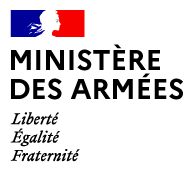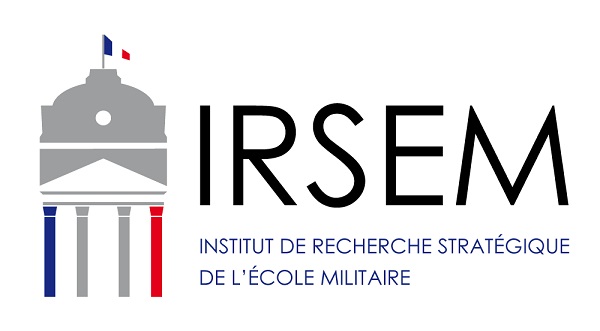For a long time, it could be said that China, unlike Russia, sought to be loved rather than feared; that it wanted to seduce and project a positive image of itself in the world, or to inspire admiration. Today, Beijing has not renounced to seduce, nor its overall attractiveness and its ambition to shape international standards, and it is essential for the Chinese Communist Party not to lose face. And yet, Beijing is also increasingly comfortable with infiltration and coercion: its influence operations have become considerably tougher in recent years and its methods are resembling more closely the ones employed by Moscow. This is a “Machiavellian turn” inasmuch as the Party-State now seems to believe that “it is much safer to be feared than to be loved,” in the words of Machiavelli in The Prince. This is a clear Russification of Chinese influence operations.
This report delves into this evolution, with the ambition to cover the whole specter of influence, from the most benign (public diplomacy) to the most malign methods, that is, interference (clandestine activities). To do that, the report is divided into four parts: successively laying out the main concepts; the actors implementing these operations, including the Base 311 of the People’s Liberation Army; the actions conducted by Beijing toward the diasporas, the media, diplomacy, economy, politics, education, think tanks, and in terms of information manipulations – some levers among others; then, several cases are studied (Taiwan, Singapore, Sweden, Canada, the operations that targeted Hong Kong protestors in 2019, and the one that branded the Covid-19 as an American fabrication in 2020). The conclusion returns to this “Russification”, which has three components: Beijing is inspired by Moscow in several ways, there are obviously differences between the two, and there is also a certain degree of cooperation. Finally, the report assesses the effectiveness of this new Chinese posture, which can boast some tactical successes, but constitutes a strategic failure.



